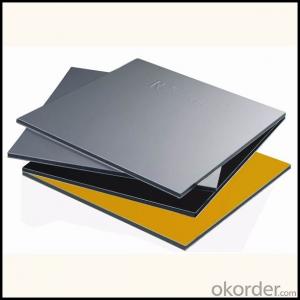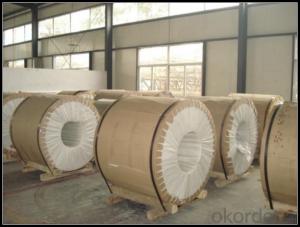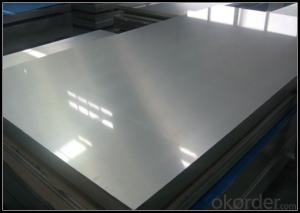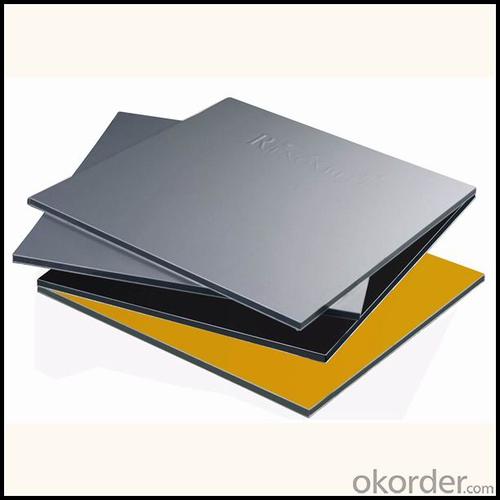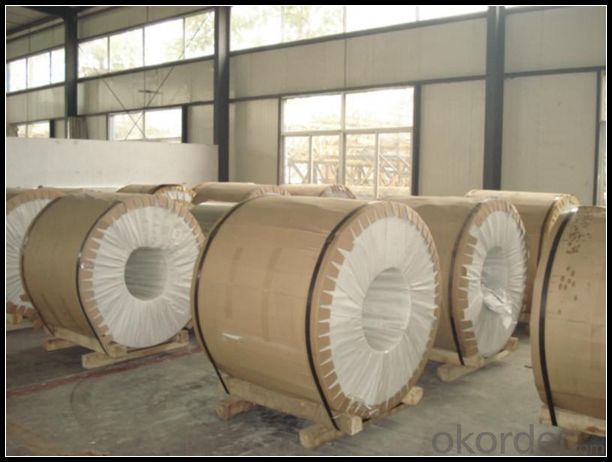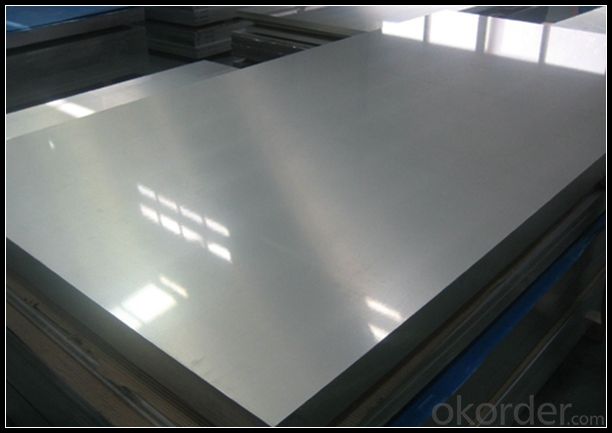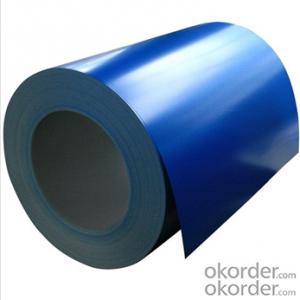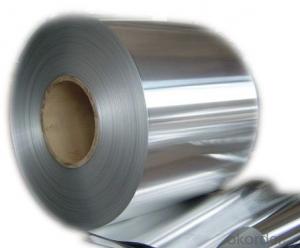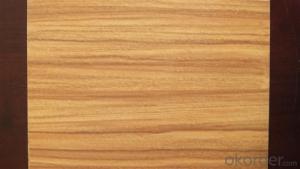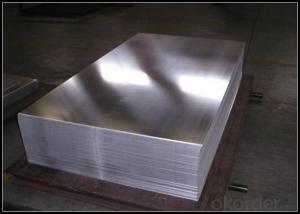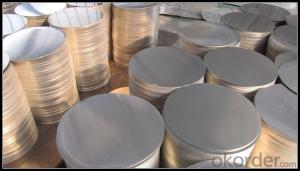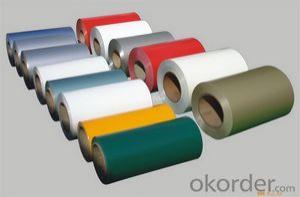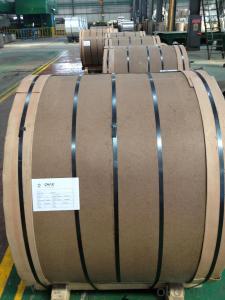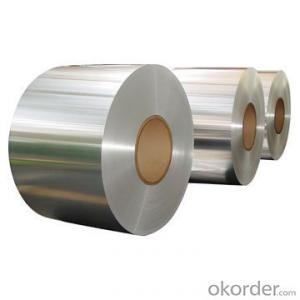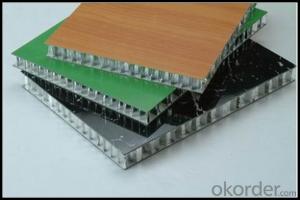1100 8006 Aluminum Coil - Aluminum Sheets/Coils AA3003 H14 from China Famous Company
- Loading Port:
- Qingdao
- Payment Terms:
- TT OR LC
- Min Order Qty:
- 3 m.t.
- Supply Capability:
- 2000 m.t./month
OKorder Service Pledge
OKorder Financial Service
You Might Also Like
Specification
Thickness | 0.1mm-8mm |
Popular Thickness | 0.1mm/0.2mm/0.25mm/0.3mm/0.6mm/0.8mm/1.0mm/1.2mm/1.5mm/2.0mm/3.0mm |
Width | 20mm-2500mm |
inner diameter | 76mm / 152mm |
Material | AA1050, AA1060, AA1070, AA1100, AA1235, AA3003, AA3004, AA3005, AA5052, AA5005, AA5754, AA5083, AA8011, AA8079, etc |
Temper | O,H12,H14,H16,H18,H22,H24,H26,H32,H34,H36,H38, |
Surface | Mill finish / Coated |
Packing | Export standard wooden pallets |
Payment Terms | 100% irrevocable L/C at sight or 30% T/T in advance as deposit,70% balance against the B/L copy |
Minimum Order Quantity | 5000kg |
Delivery time | 30-35 days after the receiving L/C or deposit |
2. Application of
(1) Interior: wall cladding, ceilings, bathrooms, kitchens and balconies, shutters, doors, windows,
(2) Exterior: wall cladding, facades, roofing, canopies, tunnels,column covers , renovations.
(3).Advertisement: display platforms, signboards, fascia, shop fronts.
3. Feature of
Aluminum sheet specifications:
1) Alloy : 1050 1060 1070 1100 2024 3003 3004 3105 3A21 5005 5052 5083 5754 5182 5454 5456 6061 6063 7075 8011 etc
2) Temper: O/H12/H14/H1/H18/H32/H34/H36/H38//H111/H112/H116/H321/T6/T651/T3/T351 etc
3) Thickness: 0.1mm to 300mm
4) Width:20mm to 3300mm
5)Length: ≤ 12000mm
6) Protective film can be added
7) Production Line: DC and CC production line
4. Certificate:
SGS and ROHS (if clients request, paid by client), MTC (plant provided), Certificate of Origin (FORM A, FORM E, CO), Bureau Veritas (if client request, paid by client), CIQS certificate and so on.
5. Image of Aluminum sheets
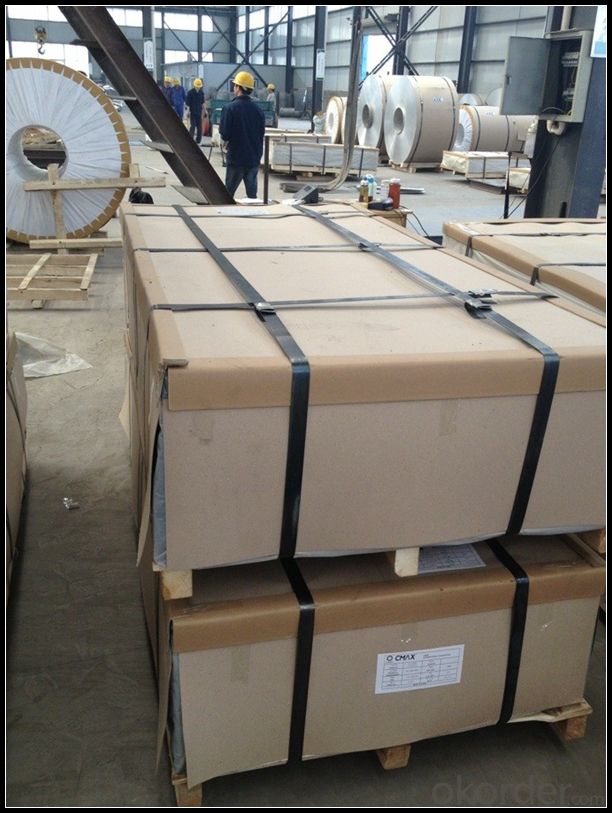
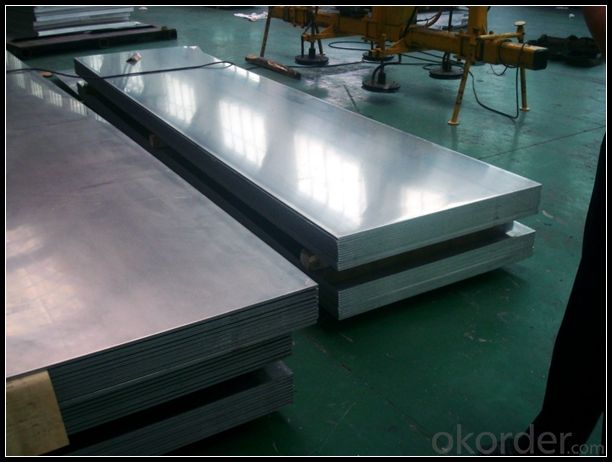
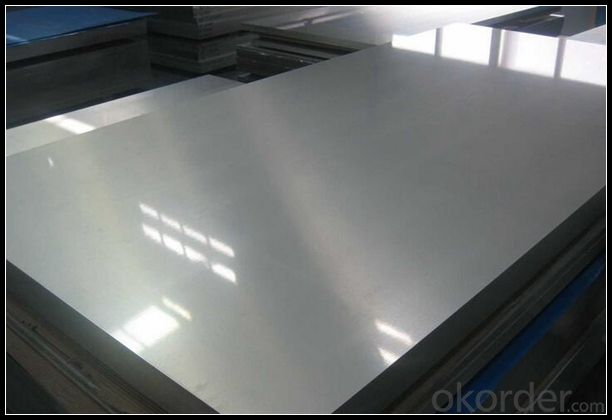
6. Package and shipping of
Eye to wall
Eye to the wall
With wooden pallet (wooden case also available)
7. FAQ
1) What is the delivery time?
Depends on actual order, around 30 to 35 days
2) What is the QC system?
We have QC staff of 20 persons and advanced equipment, each production is with MTC traced from Aluminum ingot lot.
3) What market do you mainly sell to?
Australia, America, Asia, Middle East, Western Europe, Africa etc
- Q: G'day guys, I'm wanting to get the tinnie out but im not looking on spending to much on oars, Aluminum ones are quite cheap i can pick some up for $50, but i was just wondering if there any good? anyone had good or bad experience with them? and would it just be worth forking out extra for wooden ones?
- Aluminium will make o.k. paddles, but as oars won't be as good as wood. Wood flexes and works differently, unless the aluminium oars have weight in the handles they will not near balance. Cheap wood oars aren't balanced well either, and this is a significant fault. Unless you have used good oars you won't know the difference, but it is very real. Don't like them myself, if money is the issue they will work over short distances, but thats all. Connections and seams tend to corrode over time and let you down with no warning right when you need them - those things clipped on inflatables are a good example of that...
- Q: Are there any limitations on the surface treatment of aluminum coils?
- Yes, there are limitations on the surface treatment of aluminum coils. These limitations can vary depending on the specific surface treatment method being used. Factors such as the type of coating or finish being applied, the thickness of the coating, and the compatibility of the treatment with the aluminum alloy can all impose limitations on the surface treatment process. Additionally, environmental and regulatory considerations may also play a role in determining the allowable surface treatments for aluminum coils.
- Q: This question asks for methods to prevent rust formation on aluminum coils during indoor storage.
- <p>To prevent rust on aluminum coils when storing them indoors, ensure that the storage area is clean and dry. Keep the coils away from moisture and humidity, as these can cause oxidation. Use protective wrapping or coverings to shield the coils from dust and airborne moisture. Regularly inspect the coils for any signs of condensation or dampness and address these promptly. Maintain proper ventilation in the storage area to reduce humidity levels. Additionally, avoid stacking the coils directly on the ground; use pallets or racks to elevate them, which helps in air circulation and prevents contact with moisture that could be present on the floor.</p>
- Q: Is it safe and effective to use an oven to heat an aluminum coil?
- <p>Yes, you can use an oven to heat an aluminum coil, but with caution. Aluminum has a high melting point and can withstand high temperatures, making it suitable for heating in an oven. However, it's crucial to ensure that the coil is clean and free of any non-stick coatings or residues that could produce toxic fumes when heated. Additionally, monitor the temperature and duration of heating to avoid overheating, which might cause the coil to warp or degrade. Always follow safety guidelines and manufacturer's instructions for your specific oven and aluminum coil.</p>
- Q: Are aluminum coils suitable for cryogenic applications?
- Yes, aluminum coils are suitable for cryogenic applications. Aluminum has a number of properties that make it an excellent choice for use in low-temperature environments. Firstly, aluminum has a low melting point, which means it remains solid and maintains its structural integrity at cryogenic temperatures. This is crucial for applications where extreme cold temperatures are involved, such as in cryogenic storage or transportation. Additionally, aluminum has good thermal conductivity, which allows for efficient heat transfer. In cryogenic applications, it is important to manage and control heat flow to prevent temperature fluctuations or thermal stress. Aluminum coils can effectively transfer heat away from the system, ensuring stable and consistent temperatures. Furthermore, aluminum is lightweight and has a high strength-to-weight ratio. This makes it highly advantageous for cryogenic applications, where weight and space considerations are often critical. Aluminum coils can help reduce the overall weight of the system, making it more efficient and cost-effective. Lastly, aluminum is corrosion-resistant, which is essential in cryogenic environments where moisture or other corrosive substances may be present. Aluminum coils can withstand the harsh conditions and maintain their performance and durability over extended periods of time. Overall, due to its low melting point, good thermal conductivity, lightweight nature, and corrosion resistance, aluminum coils are indeed suitable for cryogenic applications. They offer numerous benefits and can effectively meet the requirements of such demanding environments.
- Q: How are aluminum coils tested for strength and durability?
- Aluminum coils are tested for strength and durability through a rigorous process that involves several methods. One common method is tensile testing, which measures the maximum amount of stress a coil can withstand before it breaks or deforms. This test helps determine the overall strength and elasticity of the aluminum. Another important test is the hardness test, which measures the resistance of the aluminum coil to indentation or scratching. This test helps determine the durability and wear resistance of the material. Furthermore, aluminum coils are often subjected to fatigue testing, where the material is repeatedly subjected to cyclic loading and unloading. This test helps simulate real-life conditions and assesses the coil's ability to withstand repeated stress without failure. Additionally, corrosion resistance is a critical factor in determining the durability of aluminum coils. Therefore, various corrosion tests are conducted, such as salt spray testing, to assess the coil's resistance to environmental factors that may lead to corrosion or degradation over time. In some cases, non-destructive testing methods like ultrasonic testing or eddy current testing are employed to detect any internal defects or inconsistencies within the coil that may affect its strength and durability. Overall, a combination of mechanical, physical, and chemical tests are conducted on aluminum coils to ensure they meet the required strength and durability standards. These tests help manufacturers and consumers have confidence in the quality and reliability of the aluminum coils for various applications.
- Q: Besides replacing all the aluminum wiring.
- use the correct UL approved fitting/fixtures and the Aluminum based compound in every connection.
- Q: How do aluminum coils compare to copper coils in terms of performance?
- Aluminum coils generally have lower thermal conductivity compared to copper coils, which can affect their performance in terms of heat transfer efficiency. Copper coils are more efficient at transferring heat, making them more effective in cooling and heating applications. However, aluminum coils are lighter and less expensive, which can make them a suitable choice for certain applications with budget constraints or weight limitations. Ultimately, the choice between aluminum and copper coils depends on the specific requirements and priorities of the system in which they are being used.
- Q: This question asks for methods to prevent rusting on aluminum coils during storage and transportation.
- <p>To prevent rusting on aluminum coils during storage and transportation, ensure that the coils are clean and dry before storage. Use a protective coating or wrapping to shield them from moisture and contaminants. Store the coils in a cool, dry place away from direct sunlight and corrosive substances. Avoid stacking them where they may come into contact with acidic materials. During transportation, secure the coils properly to prevent movement that could lead to scratches or damage. Use moisture-resistant covers to protect them from the elements. Regularly inspect the coils for signs of corrosion and address any issues promptly.</p>
- Q: Is it possible to utilize recycled aluminum coils for a project instead of purchasing new ones?
- <p>Yes, you can use recycled aluminum coils in your next project instead of buying new ones. Recycled aluminum is environmentally friendly and often more cost-effective. It maintains the same properties as new aluminum, making it suitable for various applications. Ensure the recycled coils meet the quality standards required for your project. Check for any impurities or damage that might affect performance. Using recycled materials not only reduces waste but also conserves resources.</p>
Send your message to us
1100 8006 Aluminum Coil - Aluminum Sheets/Coils AA3003 H14 from China Famous Company
- Loading Port:
- Qingdao
- Payment Terms:
- TT OR LC
- Min Order Qty:
- 3 m.t.
- Supply Capability:
- 2000 m.t./month
OKorder Service Pledge
OKorder Financial Service
Similar products
Hot products
Hot Searches
Related keywords
